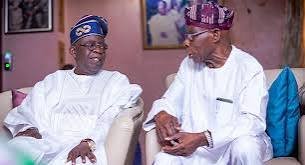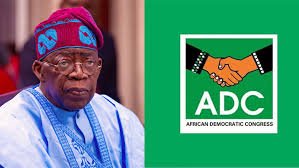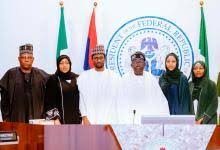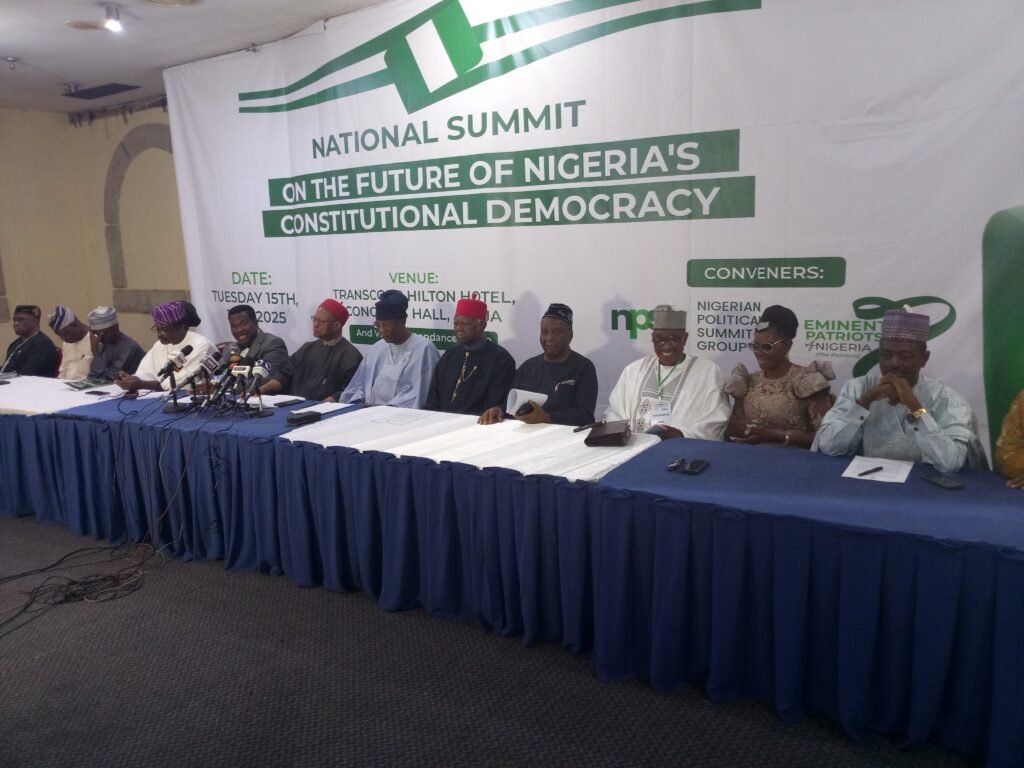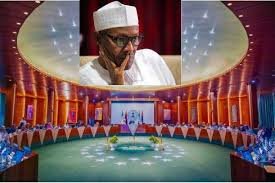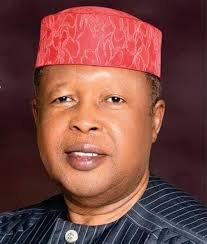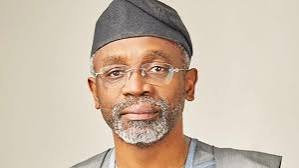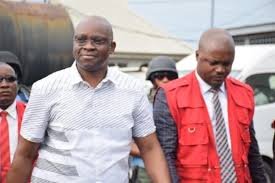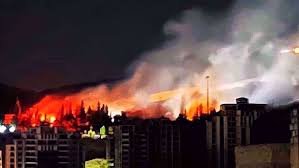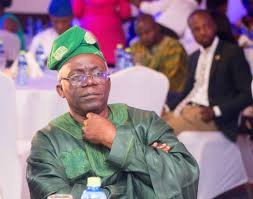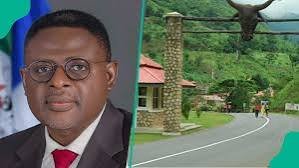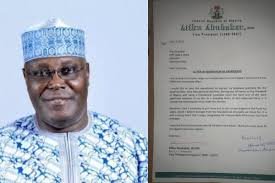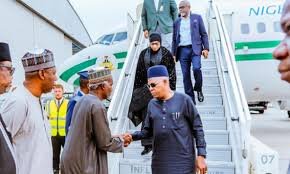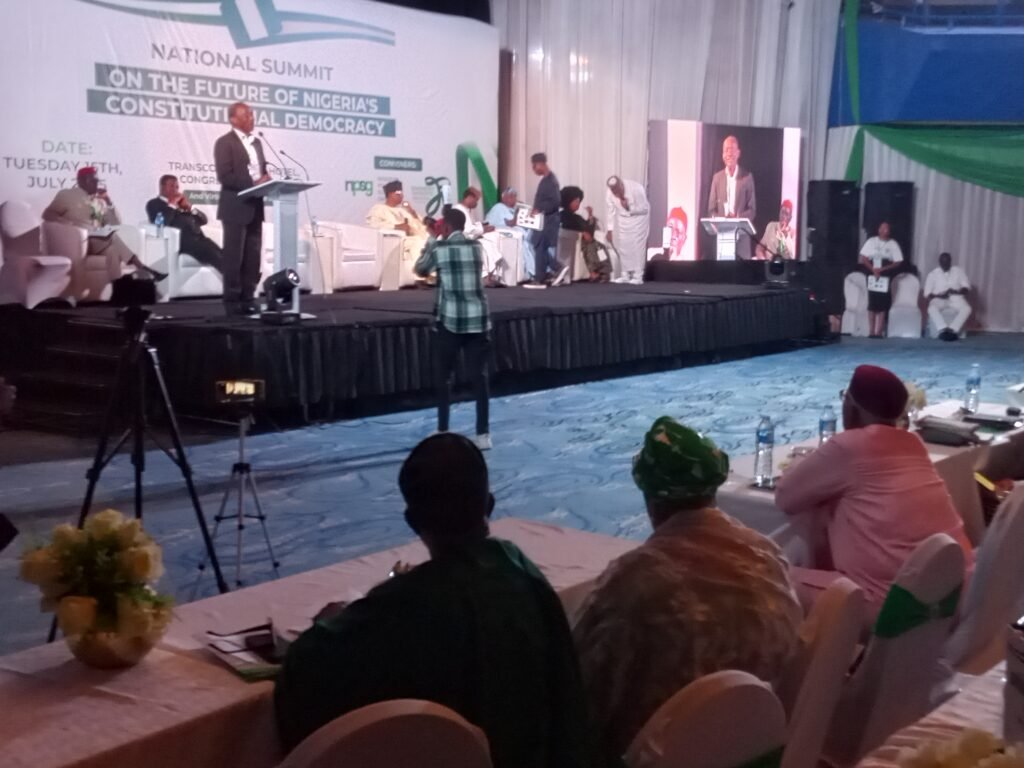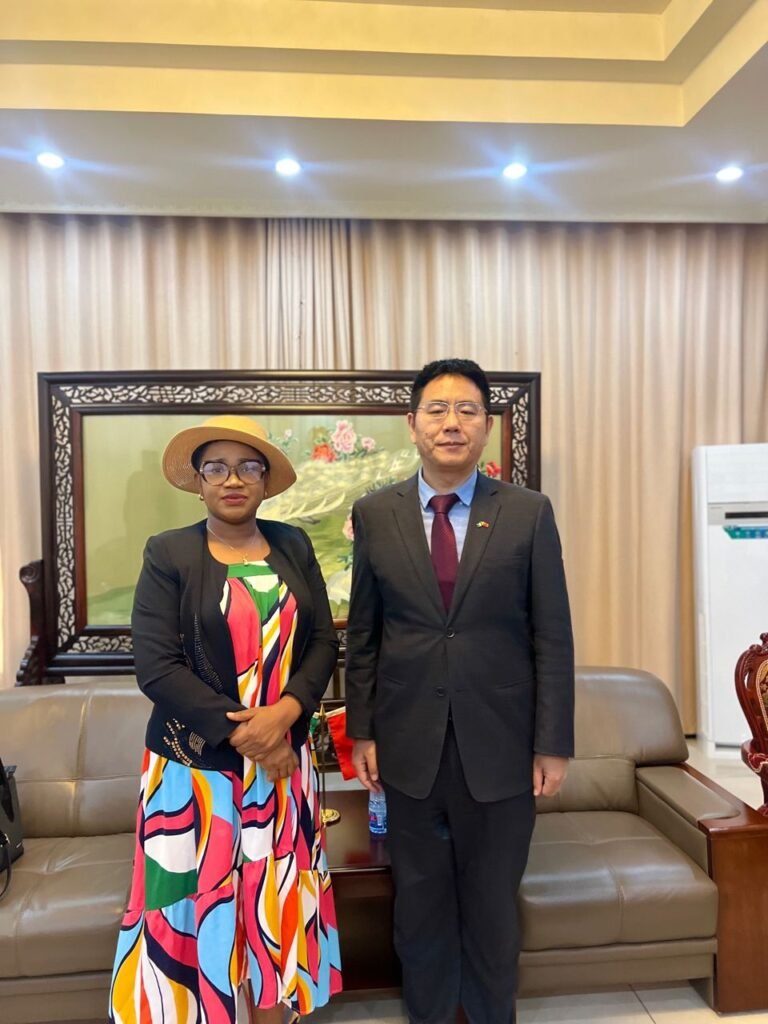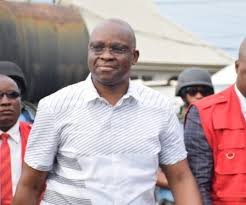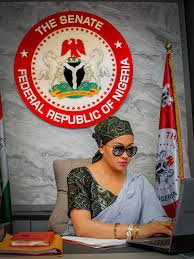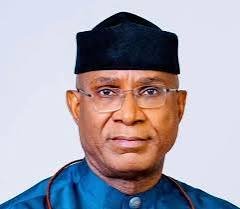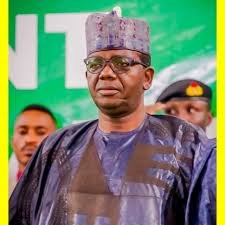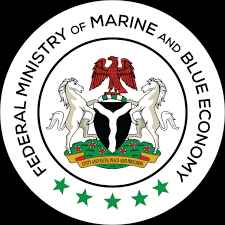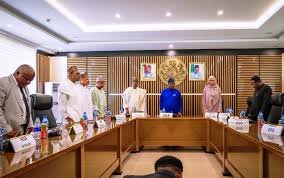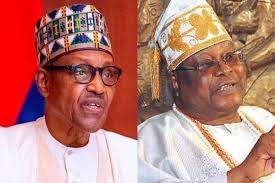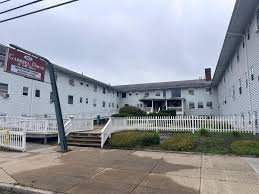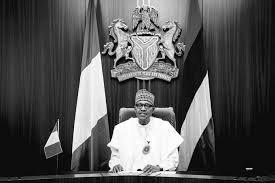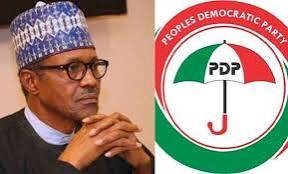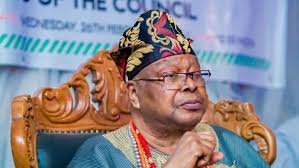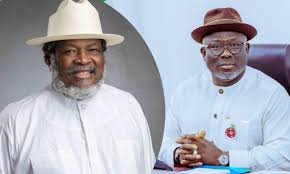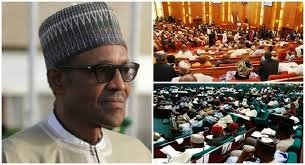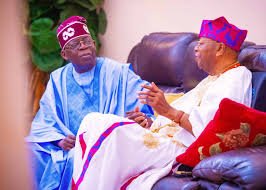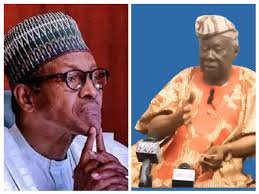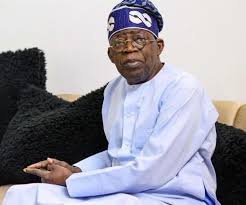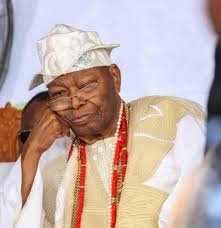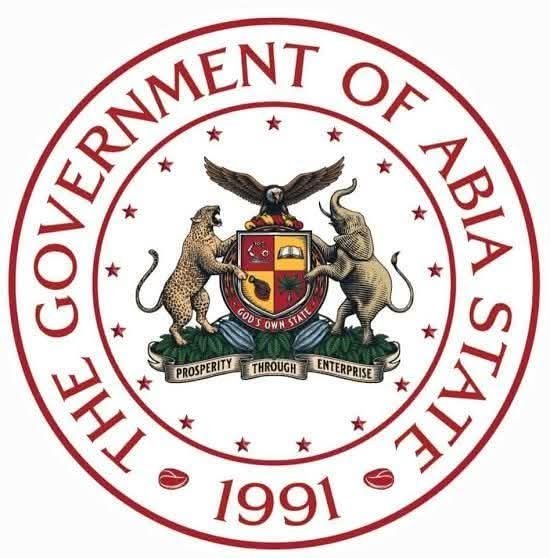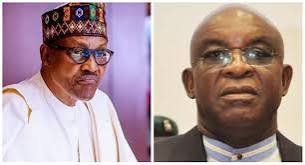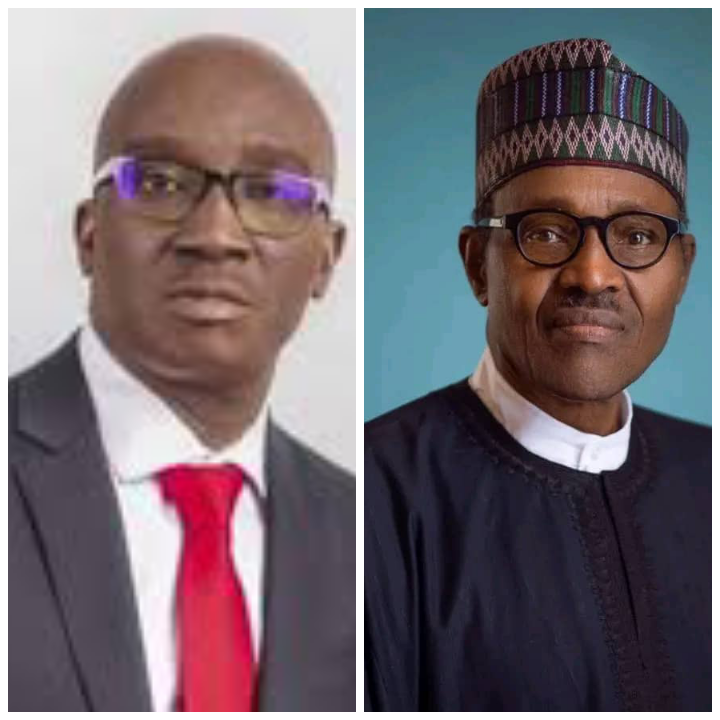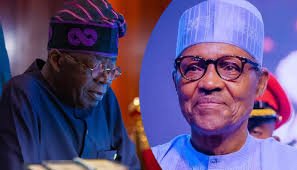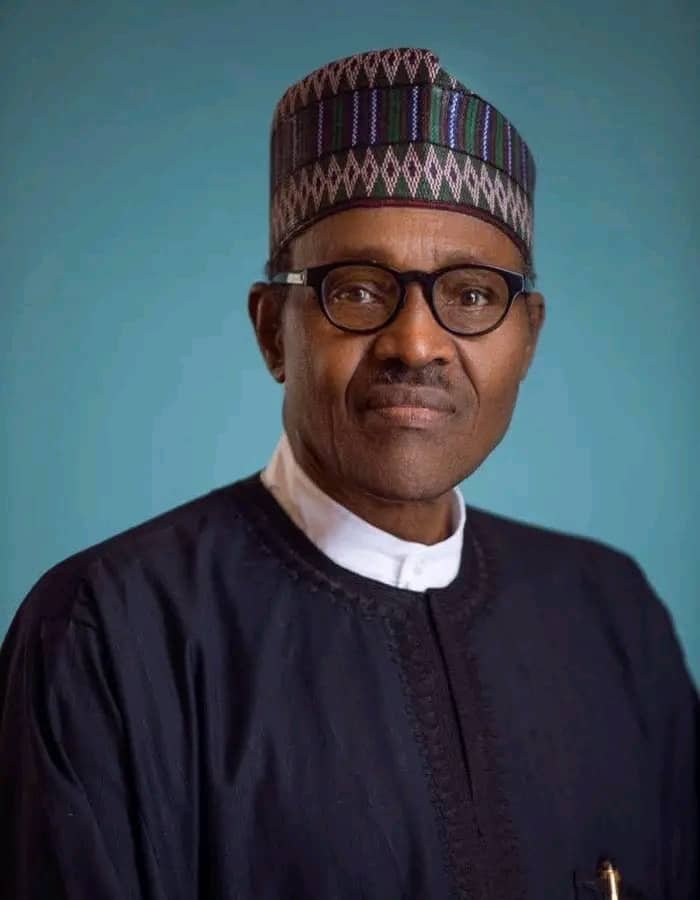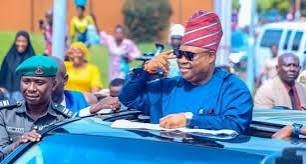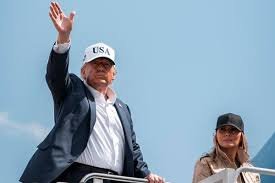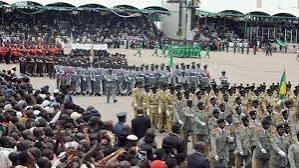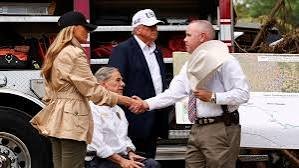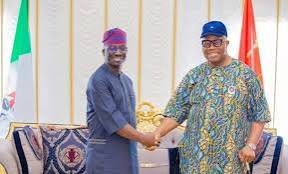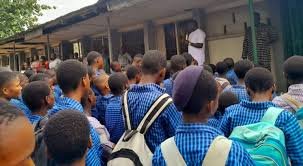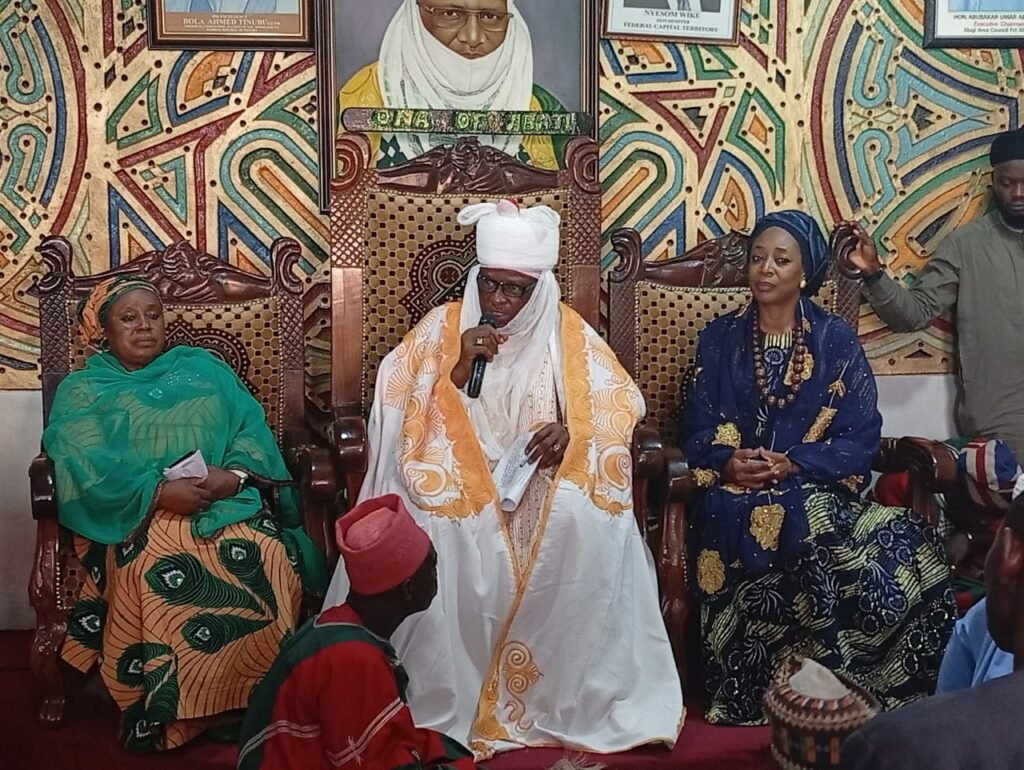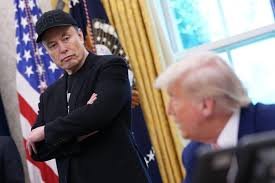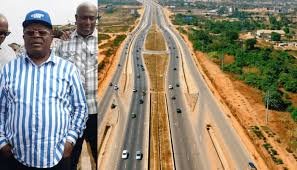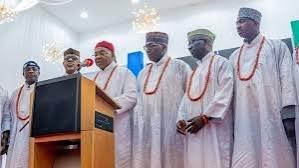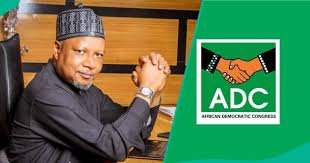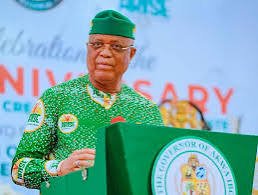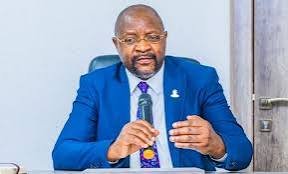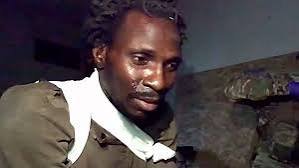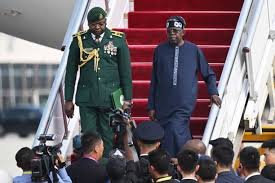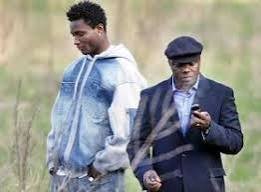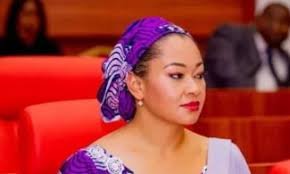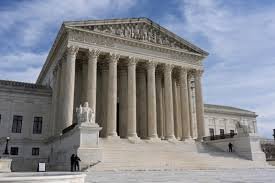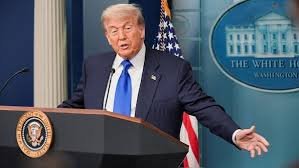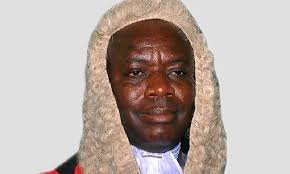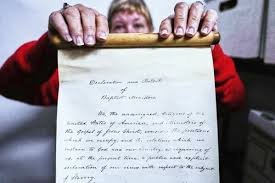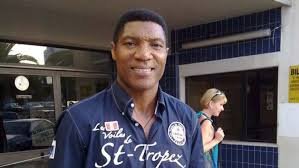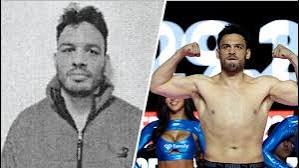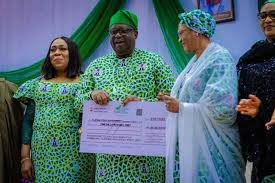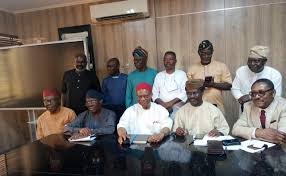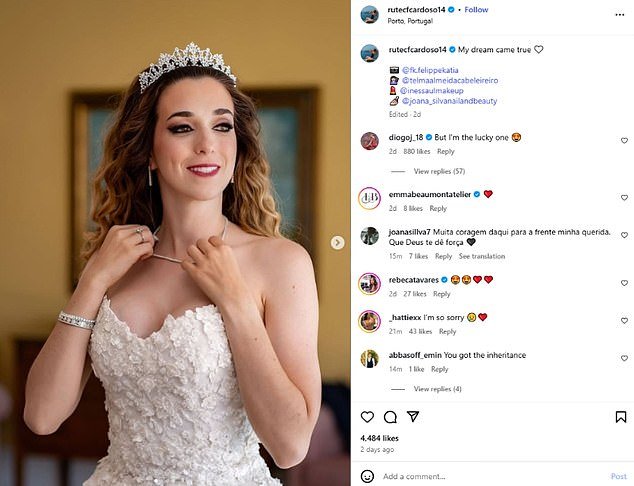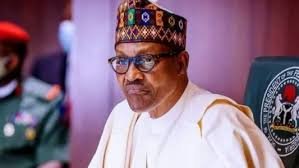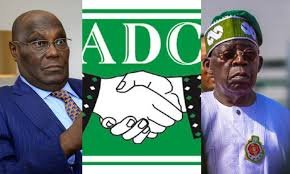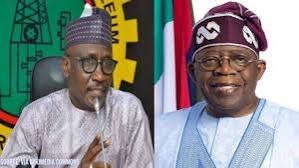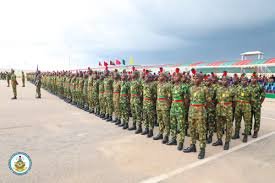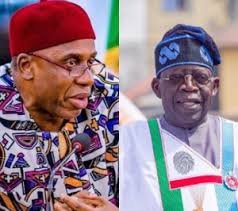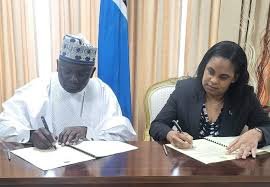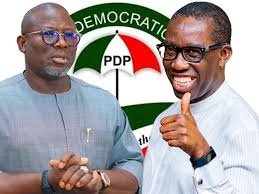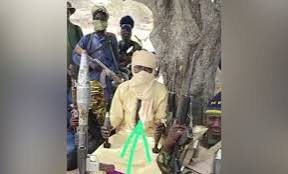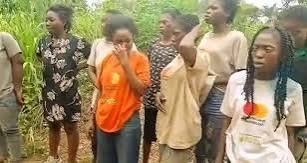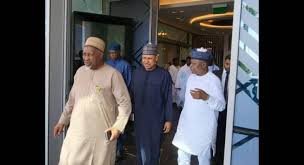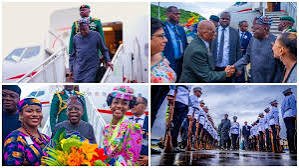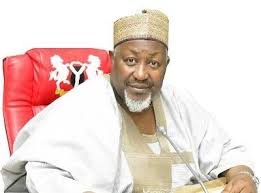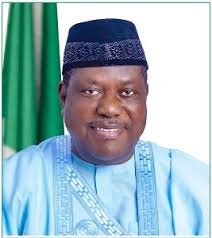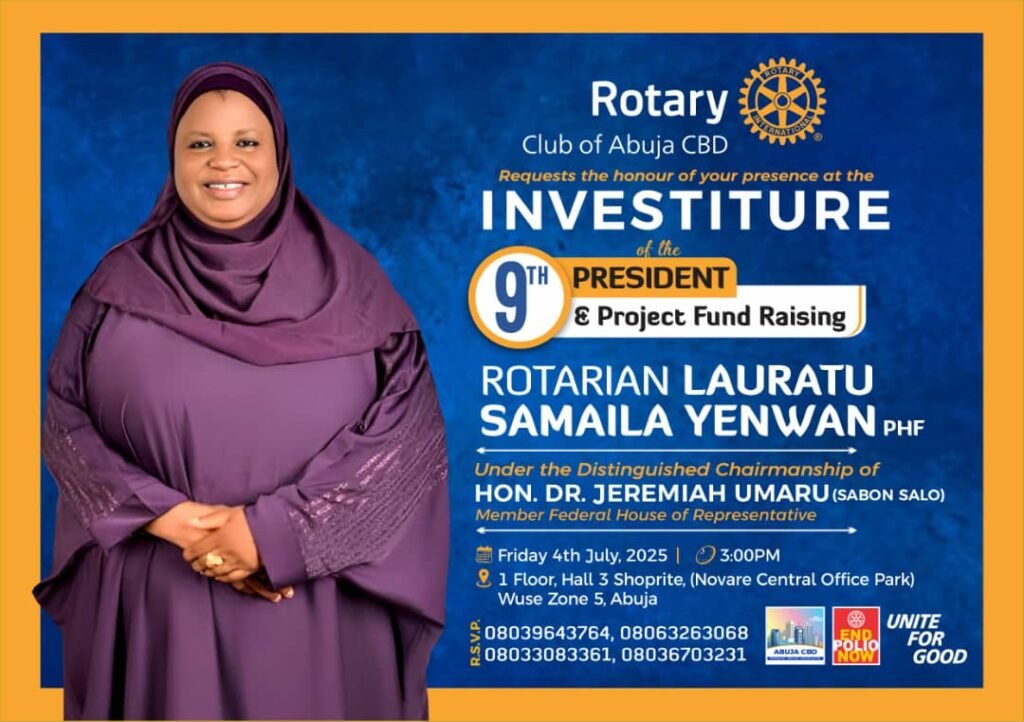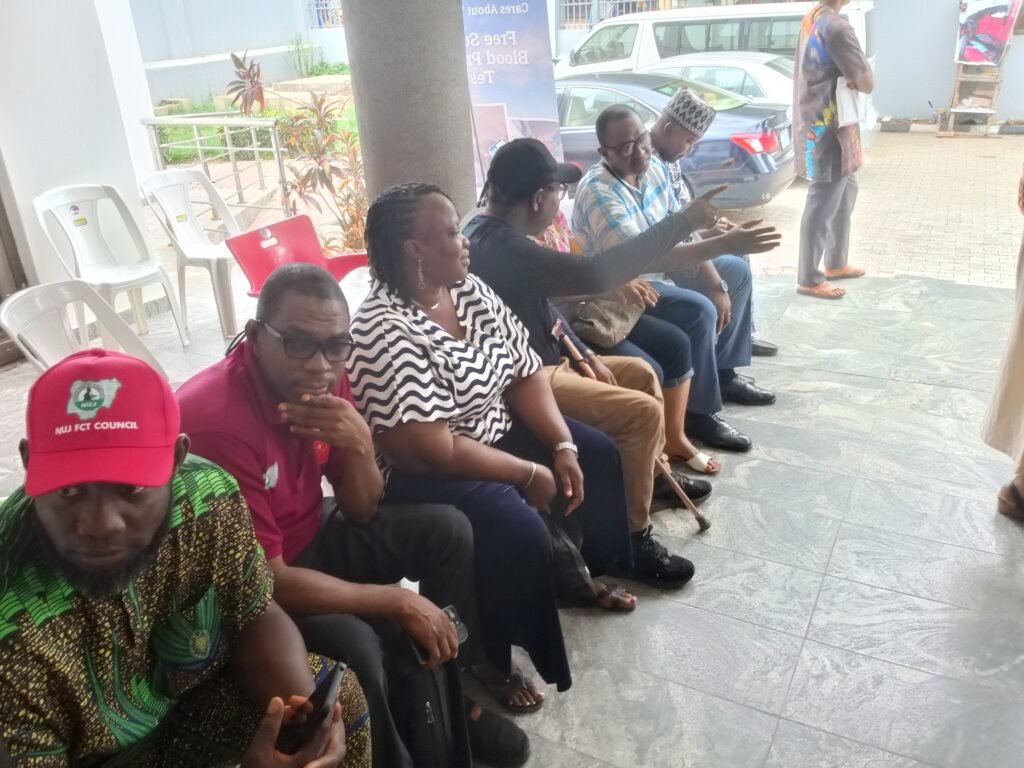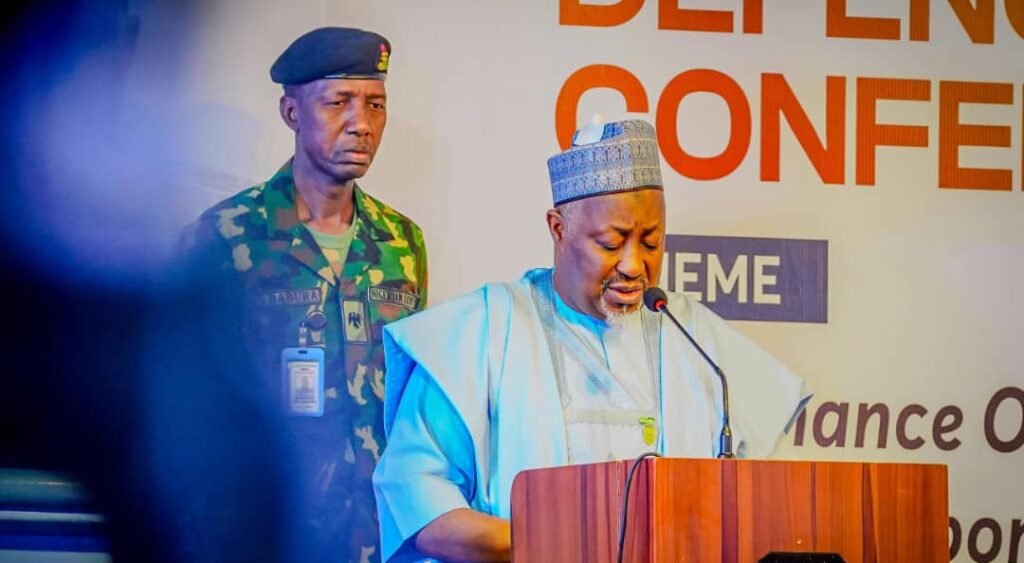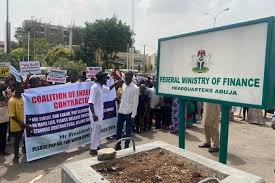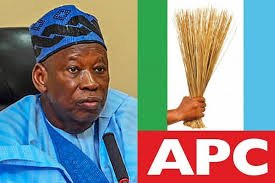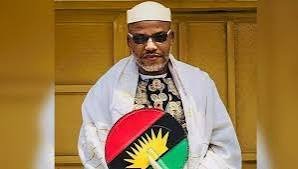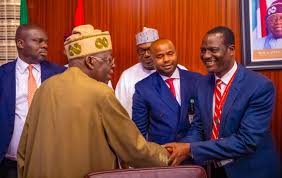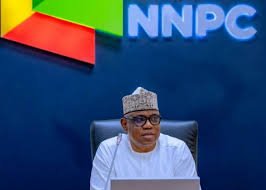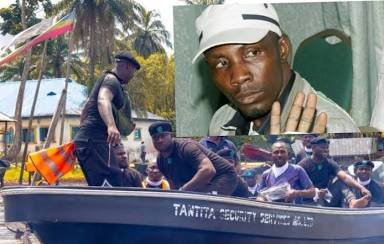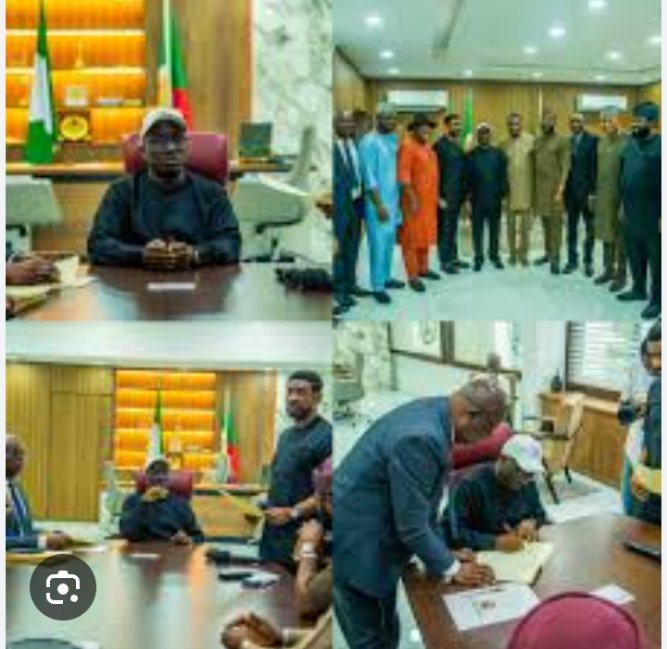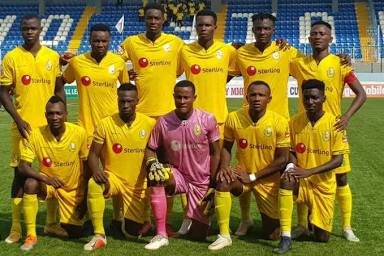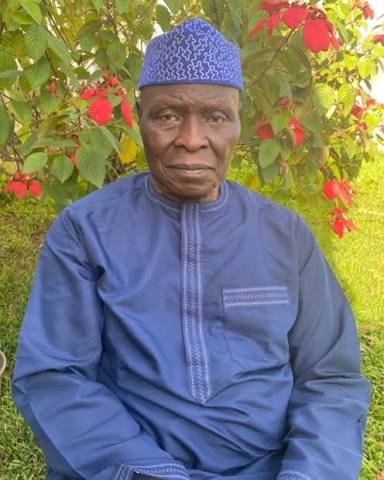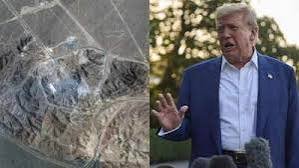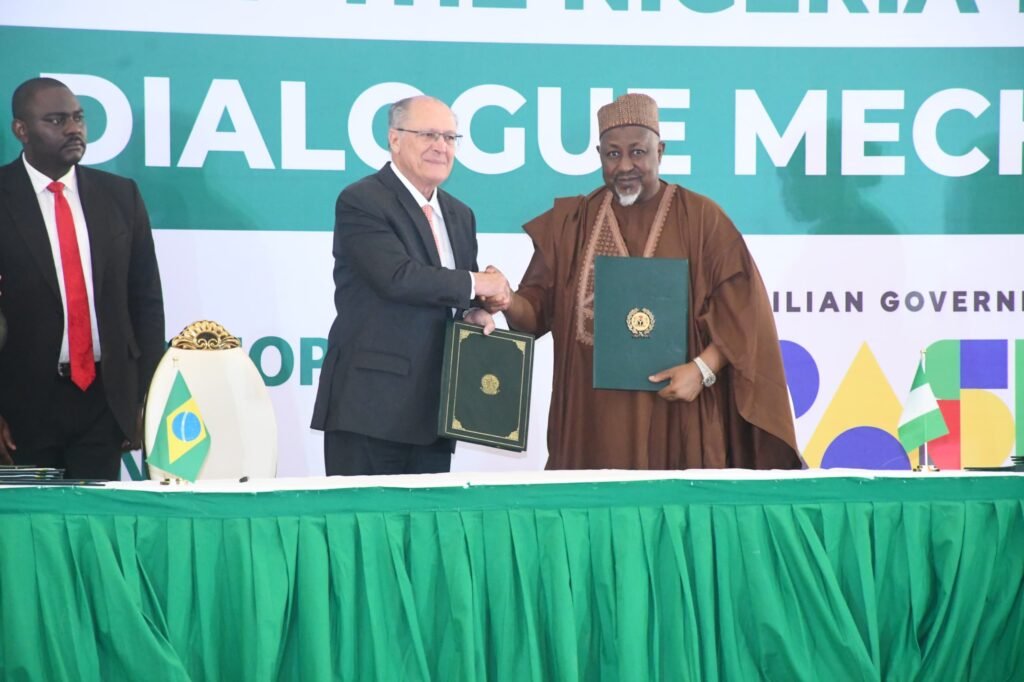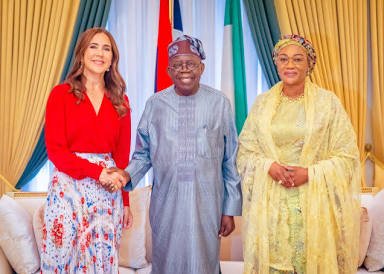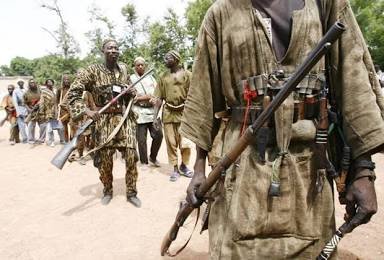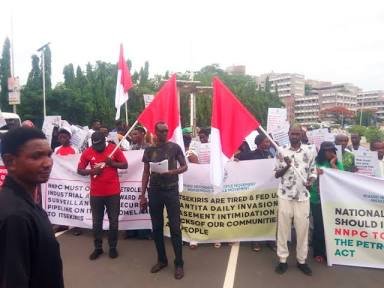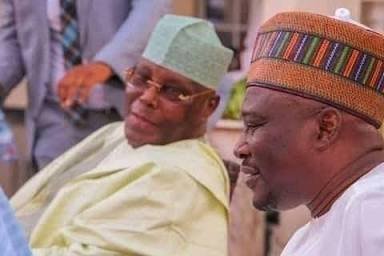ON ZIK GBEMRE’S CAMPAIGN OF CALUMNY IN HIS DIATRIBE TITLED “WHY OKPE KINGDOM & UPU MUST BEWARE OF PROF NATUFE’S DIVISIVE CAMPAIGN TO TEAR URHOBO APART”
INTRODUCTION On June18, 2025, an Urhobo friend forwarded an article by one Mr. Zik Gbemre on the above subject. I thanked him for it. I also thank Mr. Gbemre for penning the said article, because he has broadened the debate of Okpe Union’s demand for the recognition of Okpe as a distinct ethnic nationality, outside the territory of the Okpe Kingdom. Thus, I shall disregard his insulting outbursts against my person. We have to focus on the main ISSUE, which is the retrieval or restoration of the independence of the Okpe Nation. Let us exchange facts based on historical and cultural evidences instead of trading personal insults and falsifying History. THE ISSUE Students of Nigerian history are familiar with the British colonial policy of fusing diverse ethnic nationalities into one. Outside the contemporary Delta State, this British policy was more pronounced in the “Hausa-Fulani” phenomenon which most Nigerians, until recently, assumed to be one ethnic nationality. We are living witnesses to the awakened consciousness of the Hausas as they engage in an existential struggle to extricate themselves from the “Hausa-Fulani” appellation. It was this same British policy that birthed the false classification of Okpe as “a clan of Urhobo”. At its infancy they referred to Urhobo as “Sobo”. Contemporary Okpenationals were born and raised in this falsity especially as they relate externally. This classification has robbed Okpe of its ethnic identity, as contributions by Okpe nationals are credited to the Urhobo and not to the Okpe nationality. This cataloguing illegally extinguished Okpe ethnicity and institutionalized the assimilation of the Okpe nationality by the Urhobo. For the benefits of Mr. Gbemre and his cohorts, it is pertinent that we recall the British fusion of Okpe with the Urhobo by providing the following excerpts from the website of the Okpe Union: “According to R. E. Bradbury, a renowned British scholar, (The Benin Kingdom and the Edo-Speaking Peoples of South-Western Nigeria, 1970, p.128) the classification of Okpe among the Urhobo was influenced by geographic contiguity and the expediency of British colonial administration “rather than a linguistic basis.” He concluded that “Okpe is …closer to the Edo of the Benin Kingdom than are the Urhobo dialects proper”. In the 1930s the Okpe was placed in “Western Urhobo” and the Isoko in “Eastern Urhobo.” By administering the Okpe under the Urhobo umbrella, the British set in motion a process that led to the gradual but a systematic erosion of Okpe ethnicity which was erroneously subsumed under the Urhobo. Over time, this grave error of British colonialism assumed a “truth” of its own as the outside world and several Okpe began to refer to the Okpe as “Urhobo.” This falsity was inherited by post-colonial Nigerian governments. A similar fate befell the Isoko of “Eastern Urhobo.” However, unlike the Okpe, their western counterpart, the Isokos were able to extricate themselves from the Urhobo appellation and restored their independence as a distinct ethnic nationality”. “Notwithstanding the long years of interregnum, and the attempts by some powerful leaders to establish mini kingdoms, the Okpe people remained together as a Nation, thus giving significance to the slogan “Okpe Agbamua eni” (the unity of Okpe is an Elephant or Okpe Unity enables the lifting of an elephant). The establishment of the Okpe Union on May 16, 1930, in Lagos, galvanized the Okpe people into greater resolve. The Okpe Union, the oldest registered ethnic organization of Delta State, and in Nigeria, became the mouth piece of the Okpe Nation and a defender of Okpe Identity. It championed the fight for the restoration of the Okpe Monarchy and succeeded in doing so when the British colonial regime approved the coronation of the second Orodje of Okpe Kingdom, Esezi II on January 1, 1945. Though the monarchy was to rotate among the four ruling houses, it was however decided by the Ruling Houses that a prince from the Esezi Ruling house be crowned the Orodje, as a way of appeasing the gods for the curse placed on OkpeKingdom by Esezi l”.It is instructive to note that, during the Midwest and Bendel State regimes era, when the current Edo and Delta states were together as one state, the colonial blurring of Okpe ethnic identity receded tremendously as Okpe people became practically recognised as a people with a distinct language. This paved the way for the use of the Okpe Language for public newscast and language requests and magazine programmes in the then Bendel Broadcasting Service Radio and Television, separate from the Urhobo Language. This was continued in Delta State in the first years of the military regime. Unfortunately, when the first Civilian Government of Delta State headed by Governor Felix Ibru came on board, there was established a policy of officially recognizing five Ethnic Groups in Delta State which were, in alphabetical order, Anioma, Ijaw, Isoko, Itsekiri, and Urhobo. The Ikas, Ndokwas (Ukuanis) and the Enuanis were to express or parade themselves as Anioma people; the Okpe and Urhobo people were to express or parade themselves as Urhobo people while the Ijaw, Isoko and Itsekiri retained their identities that they already had in the defunct Bendel State. However, as the James Ibori Government established the DESOPADEC Law of Delta State in 2007, Ndokwa was officially recognised as an ethnic nationality in the DESOPADEC Law which rendered the previous ethnic nationality policies obsolete. In fact, the Delta State Government followed up by issuing a letter of apology to the Ndokwa Nation for previously omitting its name from the list of recognized ethnic nationalities. Unfortunately, the Okpe people did not seize the opportunity to protest the omission of Okpe. By the time Governor Emmanuel Uduaghan came on board, the struggle concentrated on having a Commissioner for the Okpe Nation in the DESOPADEC Commission scaled through when the House of Assembly moved a motion to dissolve the Commission. Governor Uduaghan then reconstituted the DESOPADEC Board to include an Okpe Commissioner in the person of Chief Joseph Egigba. In 2015, the Ika people also succeeded in having the




































